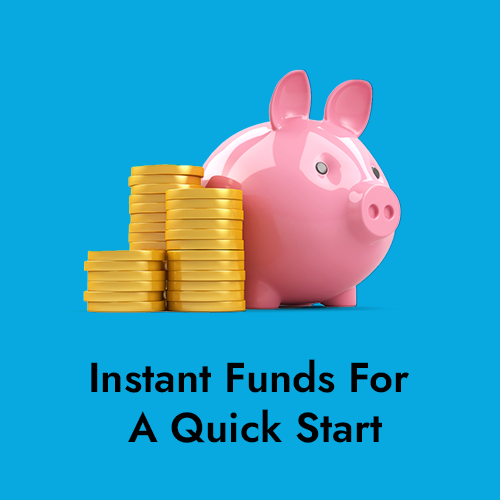

You are an entrepreneur having a mind-blowing idea that’ll take the market by storm. But, you don’t know how you will raise money or who will buy your idea.
Well, we’re here to your rescue!
Before we begin… Let’s look at the basics…Back in the 1990s, very few financial options existed for startups. A small number of sizable companies controlled the venture capital industry. To raise money for their businesses, founders had to turn to their personal bank accounts, loans, or friends and relatives.
The internet took the front seat in the early 2000s. New investors stepped in to help more entrepreneurs launch businesses as the amount of capital needed to develop a business started to fall (like Y Combinator in 2005). A few years after YC, more venture capital companies and financing choices appeared.
Options for investors and financing for entrepreneurs are still changing in the modern world. More entrepreneurs are now able to find the best financing for their businesses because to the growth of rolling funds, pre-seed funds, and seamless revenue financing. Consider the many kinds of investors listed below while choosing where to seek funding:
TYPES OF INVESTORS
- Angel Investors: Angel investors (or seed funders) are high-net-worth individuals who invest in startups in their early stages in return for some equity in the company. The main motive of their investment is to generate good profits when the startup grows and its value rises. Besides providing monetary help to early-stage startups, these angel investors also provide much wisdom and networking opportunities to entrepreneurs.
Angel investors can be approached directly either online through emails, Linkedin messages, etc., offline during networking events, or with the help of mutual connections.
- Incubators & Accelerators: Both incubators and accelerators give you the crucial help your startup needs. Startup incubators are non-profit organizations that help you develop your business idea and get ready to run it successfully down the road by offering help in the form of infrastructure, networking, advice, manufacturing assistance, training, and mentoring. Even if this isn’t an investment, you’ll still save a lot of money, especially if you’re running a firm in its very early stages.
On the other hand, startup accelerators are for-profit businesses that offer fixed-term, cohort-based, mentorship-driven programs that involve seed funding, networking, and learning. Accelerators receive payment in return in the form of startup shares.
Many business owners choose seed accelerators over angel investors since these accelerators offer their venture much more than simply a seed investment.
- Venture Capitalists: Venture capitalists are high-net-worth individuals or businesses that invest in early-stage ventures in return for an equity stake are known as venture capitalists. Following seed funding, venture capitalists typically invest in startups that have established the viability of their business models and their intrinsic value.
In addition to financial investment, venture capitalists (VCs) also give advice and direction to the businesses they support and actively participate in decision-making.
However, because there are many investor examinations, the process takes a very long time. Fewer than 1% of businesses are successful in obtaining venture funding. In addition, they impose extremely high-interest rates, which many businesses cannot pay. After a certain point, venture money is a necessary investment.
- Crowd Funding: A relatively new investment option for entrepreneurs looking to finance their startups is crowdfunding. You may now do away with the conventional methods of obtaining funding and raise tiny sums of money from a huge number of individuals to finance your startup thanks to startups like Kickstarter, Indigogo, etc.
What’s more?
Your equity does not have to be diluted. This group of investors backs your firm because they will receive something in return, most frequently an early delivery of your product or service. Even the minimum investment for your firm and the incentives for investors are entirely up to you. Here is a comprehensive guide on starting a successful Kickstarter campaign for your startup if you are unfamiliar with the idea of crowdsourcing.
THE BOTTOM LINE
There are several ways to raise money for your startup, including unconventional ones like crowdfunding. Some of these options, though, don’t become available until your product is complete.
As a result, it will be simpler for you to decide how much money to invest in your firm if you are clear on what it requires and how much it deserves.





